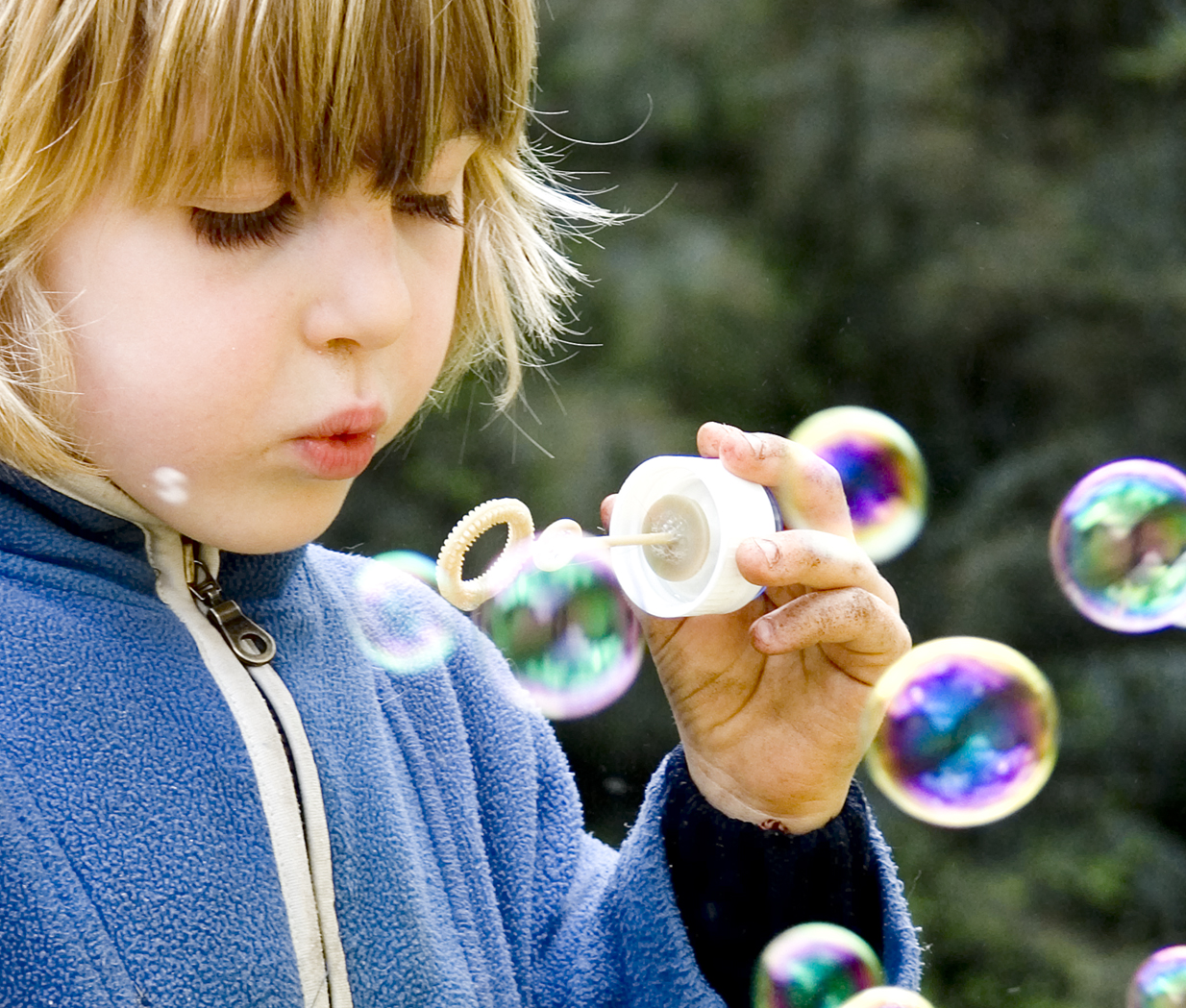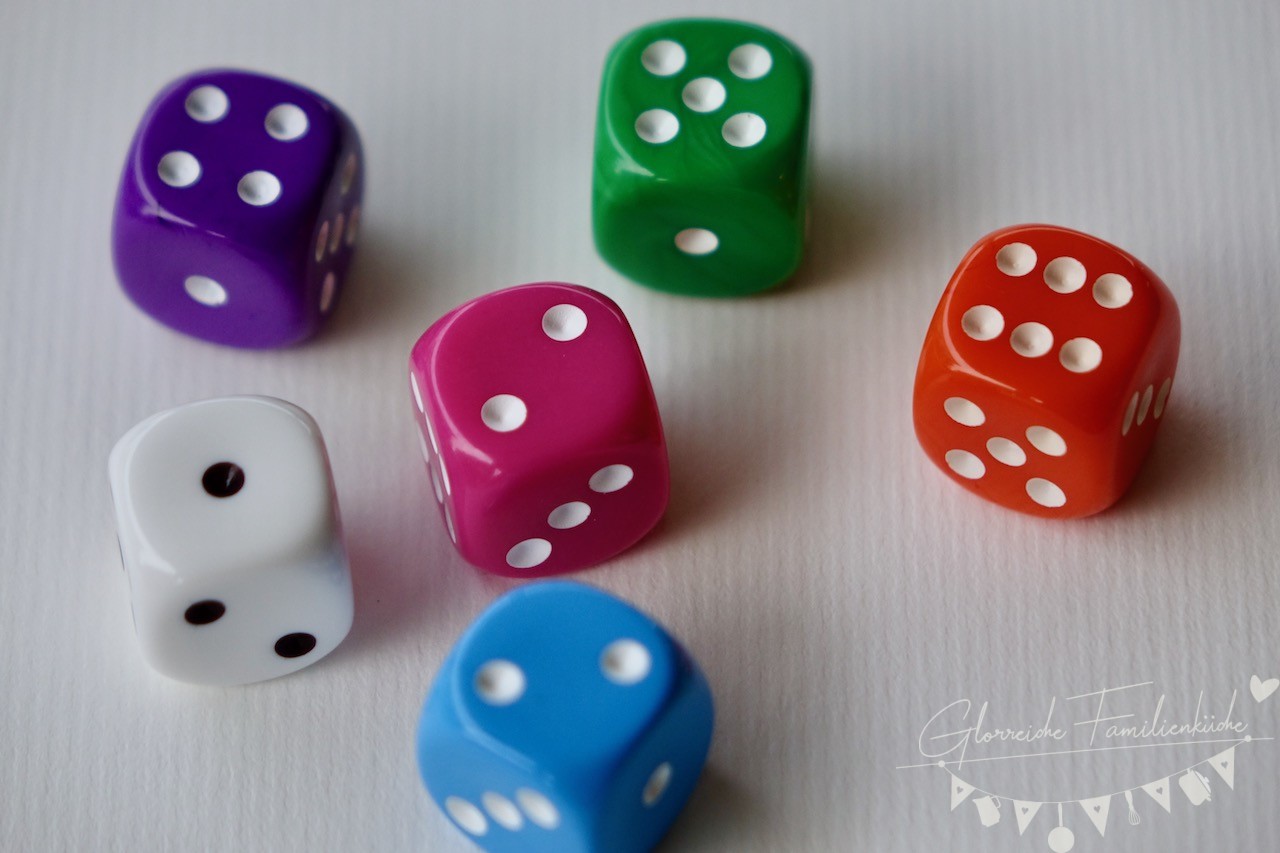
Wiki / Spiel
Inhaltsverzeichnis: (verbergen)

Seifenblasen aufblasen, 20. April 2005 |
|
| Referenz: ► James P. Carse, Ph.D., US-amerikanischer Professor für Theologie und Kirchengeschichte, New York University, Autor, Endliche und unendliche Spiele. Die Chancen des Lebens, Klett-Cotta, Stuttgart, Erstauflage 1986, 2. Auflage Oktober 1999 |
Empfehlungen
Schlussfolgerungen
Einsicht

Endliche Spiele ⇔ Unendliche Spiele
«Schule» als Ort der Muße und Musen
|
Literaturzitate
Gedicht
Recommendations
Appeal
opinion blog article Anxiety. The 'Busy' Trap, presented by the US American daily newspaper The New York Times, Tim Kreider, 30. June 2012
Insights
Appeals
Future prospect

|
Literary quotes
Movie quotes
|
| Source: ► James P. Carse, US American professor emeritus of theology, literature of religion, history, New York University, author, Finite and Infinite Games, Ballantine Books, New York, 1987, Free Press, 5. January 2013 |
| Reference: en.Wikipedia entry ► Finite and Infinite Games |
|
| |||||||||||||||||||||||||||||||||
| Source: ► Audio interview with Daniel Pink danpink.com (*1964) US American motivational speaker, chief speech writer of US vice president Al Gore (1995-1997), visionary author, How Half Your Brain Can Save Your Job, presented by The Library of Economics and Liberty ECONTALK, host Russ Roberts, 1:07:13 duration, aired 11. June 2007 |
| See also: ► Thinking and ► Fairy tales and ► Empathy and ► Benignity and ► Purpose and ► Integration |
Links zum Thema Spiel / PlayLiteratur
Literature (engl.)
Externe Weblinks
External web links (engl.)
Audio- und VideolinksAudio and video links (engl.)
|
Hawkins